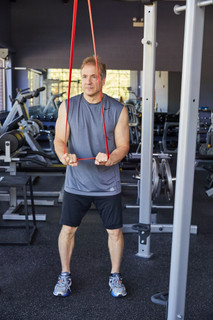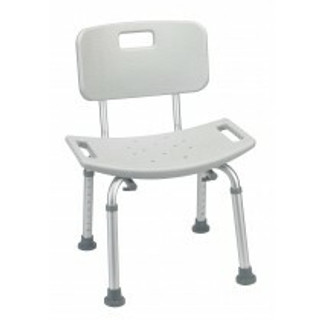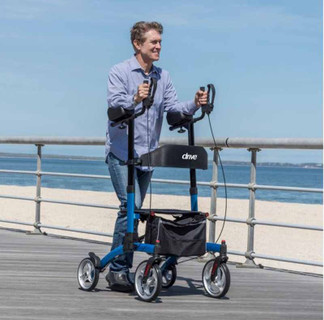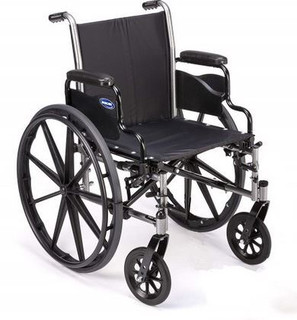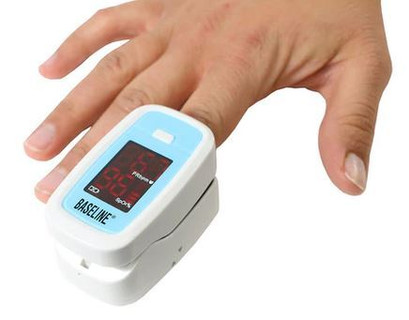What to Do When Your Senior Loved One Doesn’t Want to Walk Anymore
It can be deeply concerning when an aging parent or loved one suddenly refuses to walk. Mobility is vital for independence, physical health, and mental well-being. When a senior no longer wants to walk, it's not just about the physical limitation—it could also signal emotional distress, pain, or fear. At Safewell Medical Supply, we’re here to help families recognize the signs and provide tools and support to restore safe, confident movement.
Understanding the Reasons
The first step is understanding why they don’t want to walk. Common reasons include:
-
Fear of falling: Seniors who have fallen before may be anxious about getting hurt again.
-
Pain or discomfort: Arthritis, neuropathy, or injury can make walking painful.
-
Depression or cognitive decline: Emotional health and conditions like dementia can reduce motivation.
-
Fatigue or weakness: These could stem from underlying conditions like heart disease, malnutrition, or medication side effects.
-
Loss of confidence: Feeling unsteady or vulnerable can cause hesitation.
How You Can Help
1. Speak Openly and Kindly
Start with a gentle conversation. Avoid judgment and instead ask open-ended questions like, “Do you feel safe when you walk?” or “Is anything bothering your legs or feet?” Understanding their fears or physical discomfort is essential.
2. Schedule a Medical Evaluation
Consulting a doctor or physical therapist can help identify any medical or psychological causes. A mobility assessment might also reveal balance or muscle issues that can be improved.
3. Use the Right Mobility Aids
If balance or strength is a concern, the right mobility equipment can make a world of difference. Consider:
-
Rollators and walkers for those who need stability and support
-
Transport chairs for safe outings with a caregiver
-
Canes and cane accessories for support and balance
At Safewell Medical Supply, we offer a wide selection of senior-friendly mobility aids that prioritize comfort, safety, and confidence.
4. Encourage Movement Through Activity
Try introducing low-impact activities like seated exercises, short assisted walks, or aquatic therapy. Celebrating small milestones can help build back strength and morale.
5. Create a Safer Home Environment
Prevent slips and trips by adding grab bars, non-slip rugs, and good lighting. A fall-safe home increases confidence.
6. Explore Emotional Support
If depression or anxiety is suspected, a geriatric counselor or therapist can help. Group activities or senior programs may also offer motivation and social connection.
Support Their Steps with Safewell
At Safewell Medical Supply, we believe every senior deserves to walk with confidence—or find safe alternatives when they can’t. Our expertly curated collection of mobility products is designed to empower caregivers and seniors alike.
Explore our full range of mobility solutions today.
? Shop Mobility Aids at Safewell Medical Supply





